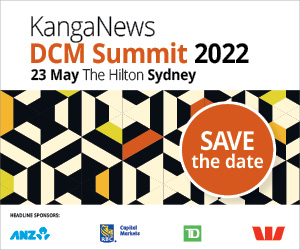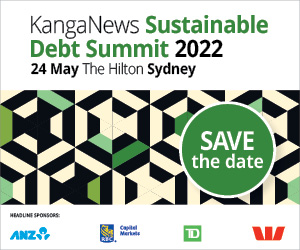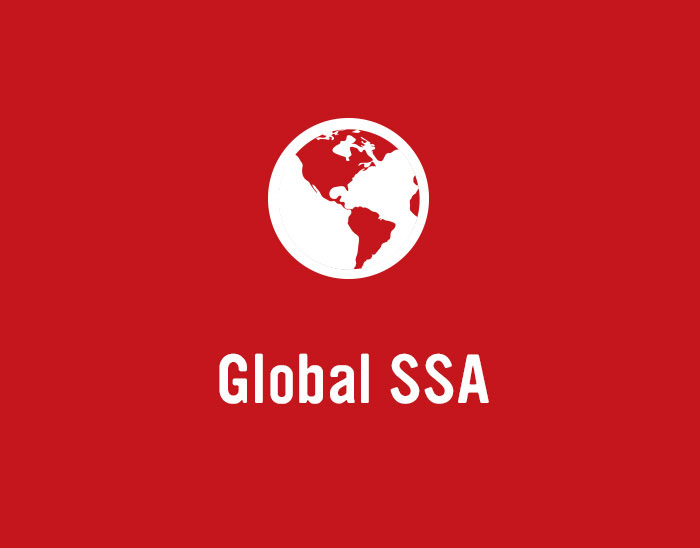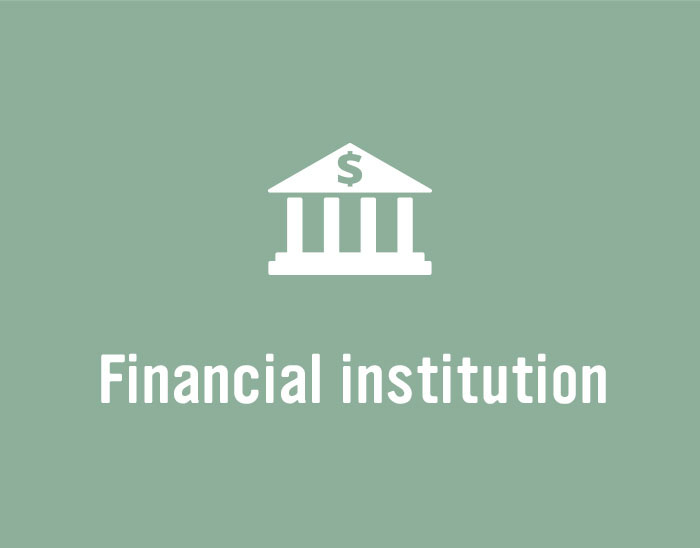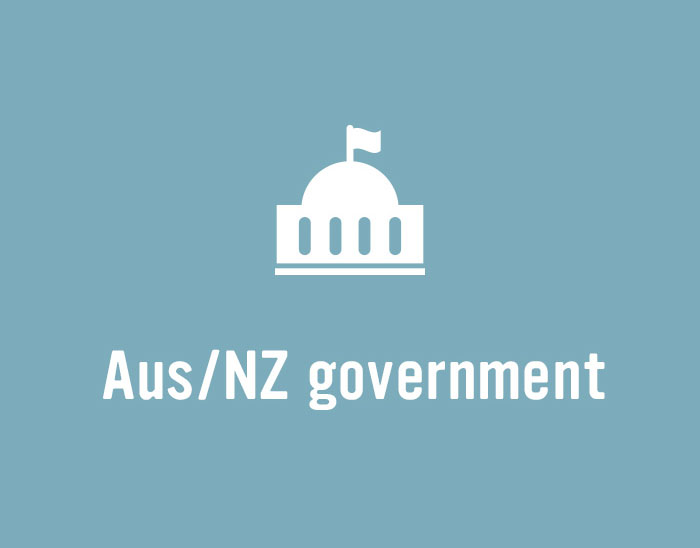
Social-bond engagement grows for IFC’s second Kangaroo deal
Increased product recognition helped International Finance Corporation (IFC) more than double the outstanding volume of its Kangaroo social bond via the first tap of this line, which priced on 10 January. Deal sources say social bonds are starting to be viewed under the same socially responsible investment (SRI) criteria as green bonds, thus bringing in a broader range of investors.
The A$400 million (US$288.6 million) increase to IFC’s March 2023 social bond, which was led by Commonwealth Bank of Australia, Deutsche Bank and J.P. Morgan, is the second benchmark Kangaroo deal from the supranational, sovereign and agency (SSA) sector in 2019. The first – a A$1 billion new five-year line from Asian Development Bank (ADB) – was a green bond.
Marcin Bill, Washington-based senior financial officer at IFC, says the ADB deal paved the way for IFC’s social-bond tap. “There is clearly strong demand for themed product at the moment and market conditions have been quite conducive, which helped with execution,” he tells KangaNews.
Simon Rutz, director, European DCM origination at Commonwealth Bank of Australia in London, says there is an increasingly focus on socially responsible investing in Australian dollars. “Recent roadshows with SSA borrowers in Australia have been characterised by a clear emerging theme that SRI is a major growth area for much of the domestic investor universe,” he says.
Craig Johnston, Sydney-based director, Australian and New Zealand dollar syndicate at Deutsche Bank, says the fact both benchmark SSA deals so far in 2019 have had environmental, social and governance (ESG) themes has opened them up to a broader group of investors.
This is only part of the story, though. Johnston also highlights a high level of redemptions in January and SSAs trading at favourable levels to the Australian sovereign and semi-government bonds. In other words, he says, the demand picture is conducive for SSAs looking at vanilla deals as well as labelled issuance.
Easier execution
When IFC came to the Australian dollar market with its debut Kangaroo social bond in March 2018, the issuer told KangaNews that execution was more challenging than in a vanilla or green bond due to the emerging nature of the social-bond product and lack of clarity at the time around qualifying assets.
Bill says investors now have greater understanding and recognition of social and sustainability bonds. Less work was needed on the issuer’s part to educate investors around the framework, use of proceeds and documentation.
However, Ryan Chamberlain, Australia syndicate at J.P. Morgan in Sydney, adds a cautious note. “We are seeing increasing interest in social bonds as a standalone category but this is more of a global story than it is specific to Australia. With limited supply it is difficult to set up dedicated social-bond funds in Australia. However, with continued support from issuers the market should continue to grow.”
Distribution of IFC’s deal supports a global demand story, as 70 per cent of the transaction was allocated to accounts in Asia. Of the rest, 26 per cent went to investors in Australia at the balance to US-based investors.
Johnston identifies two main factors which helped with IFC’s second Kangaroo social bond transaction. “Additional liquidity helps attract a deeper pool of investors. There is also continued development in the way investors are making decisions. Increasingly they have an ESG overlay, which includes social as well as green bonds, and this helps with demand for the product.”
The transaction was initially intended not to exceed A$300 million, according to Bill. Demand facilitated an upsize to and the eventual capped volume of A$400 million. The final book totalled A$520 million.
Bill says the deal attracted a good level of support from central banks and official institutions (see chart), some of which have expressed explicit support for the ESG investment space. He adds that the current favourable spread to government bonds also encouraged participation from this investor segment.

Source: International Finance Corporation 15 January 2019
Ongoing development
IFC’s social-bond programme, which lends to “banking on women and inclusive business-eligible projects”, has grown to nearly US$1.5 billion from 25 transactions including its most recent Kangaroo deal. At the time of its inaugural Kangaroo deal 10 months ago the programme had less than A$700 million on issue.
Despite the greater traction gained in Australia and globally, Bill says it is an ongoing task to spread awareness of the product.
“We would like to see the space grow including more engagement from ESG accounts. In Europe and North America these accounts are investing more heavily in public trades and it would be good to see this develop in Australia. The other side is that the market likely needs more supply for this development to occur,” Bill tells KangaNews.
Chamberlain adds: “Engagement in the social-bond sector is growing but remains at an earlier stage of development than green bonds. More remains to be done, and the continued sponsorship of the space by issuers such as IFC is critical to its growth and development.”
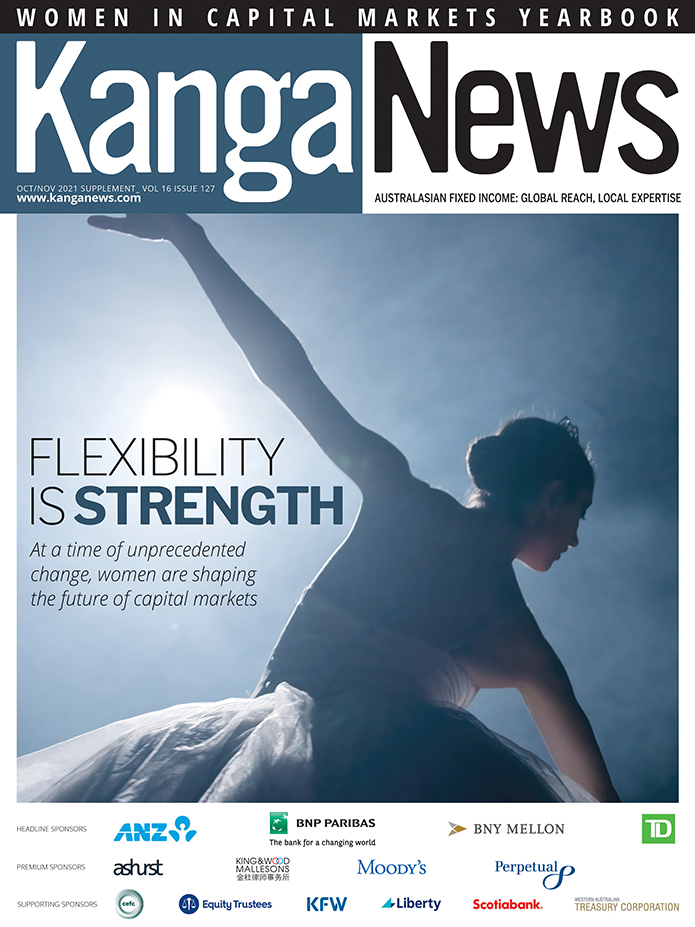
WOMEN IN CAPITAL MARKETS Yearbook 2021
KangaNews's annual yearbook amplifying female voices in the Australian capital market.
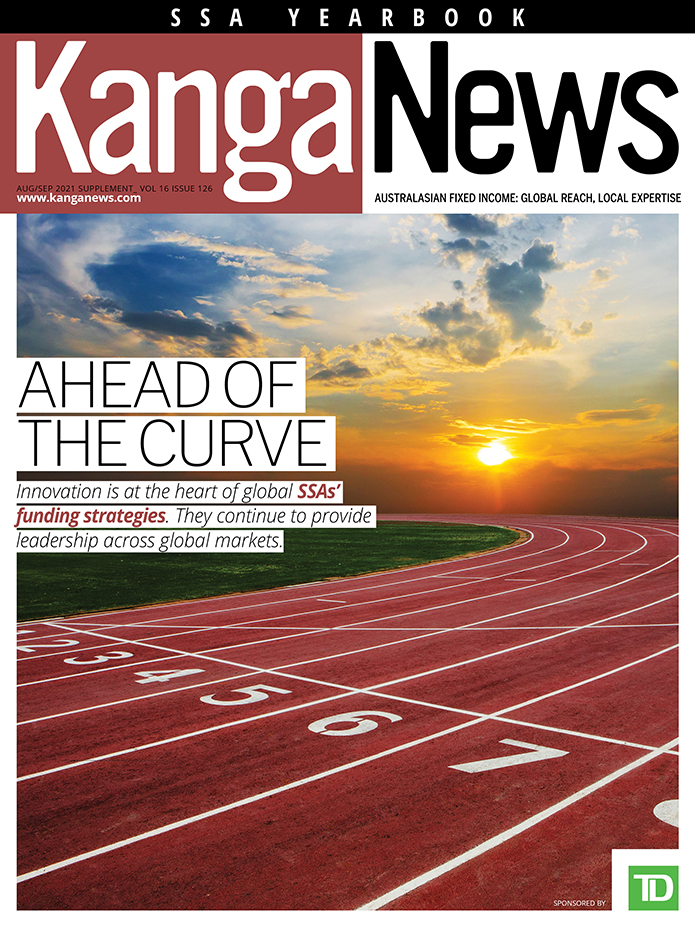
SSA Yearbook 2021
The annual guide to the world's most significant supranational, sovereign and agency sector issuers.
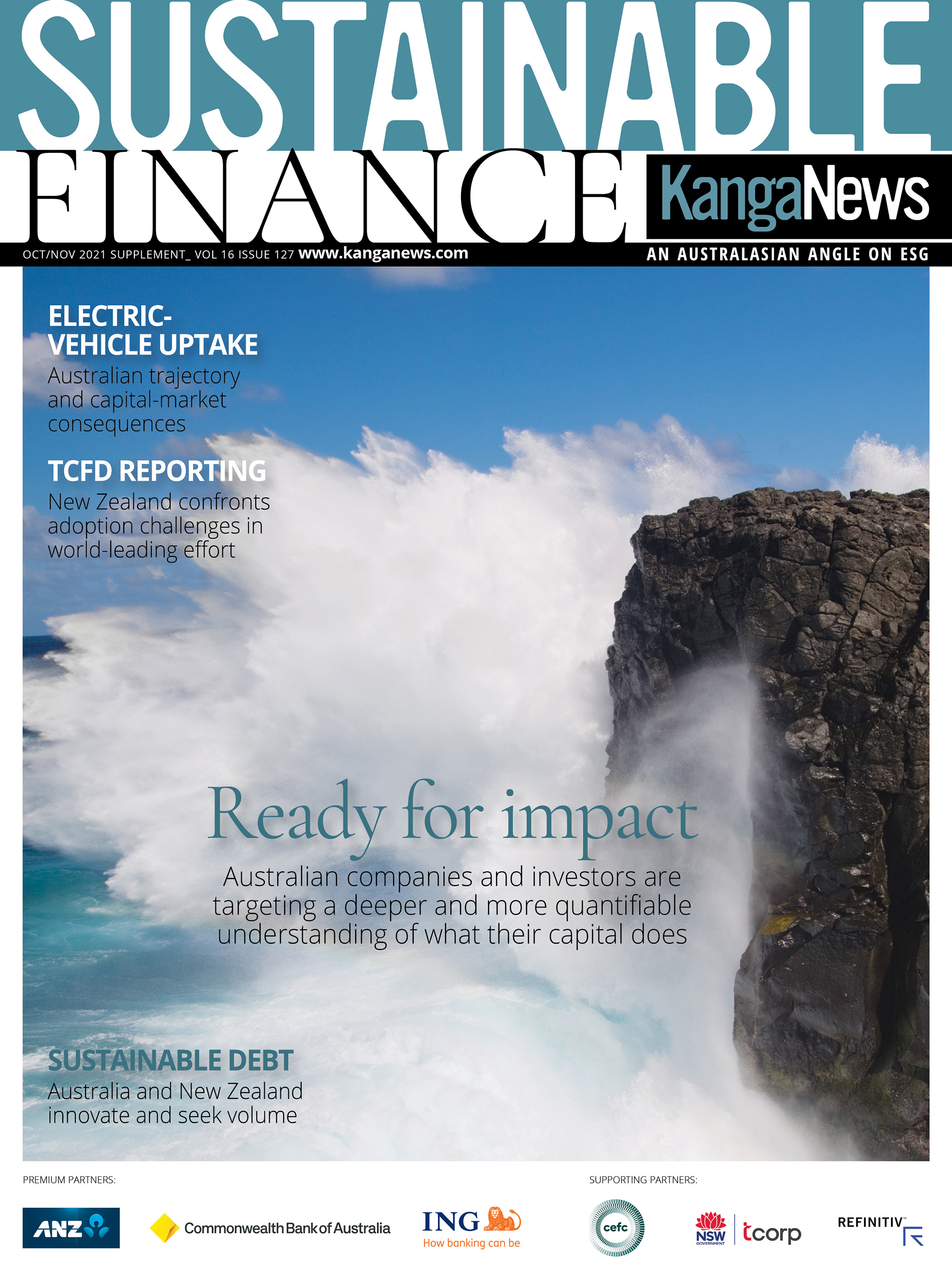
KANGANEWS SUSTAINABLE FINANCE H2 2021
KangaNews is proud to share cutting-edge information from the global and Australasian sustainable debt market.


